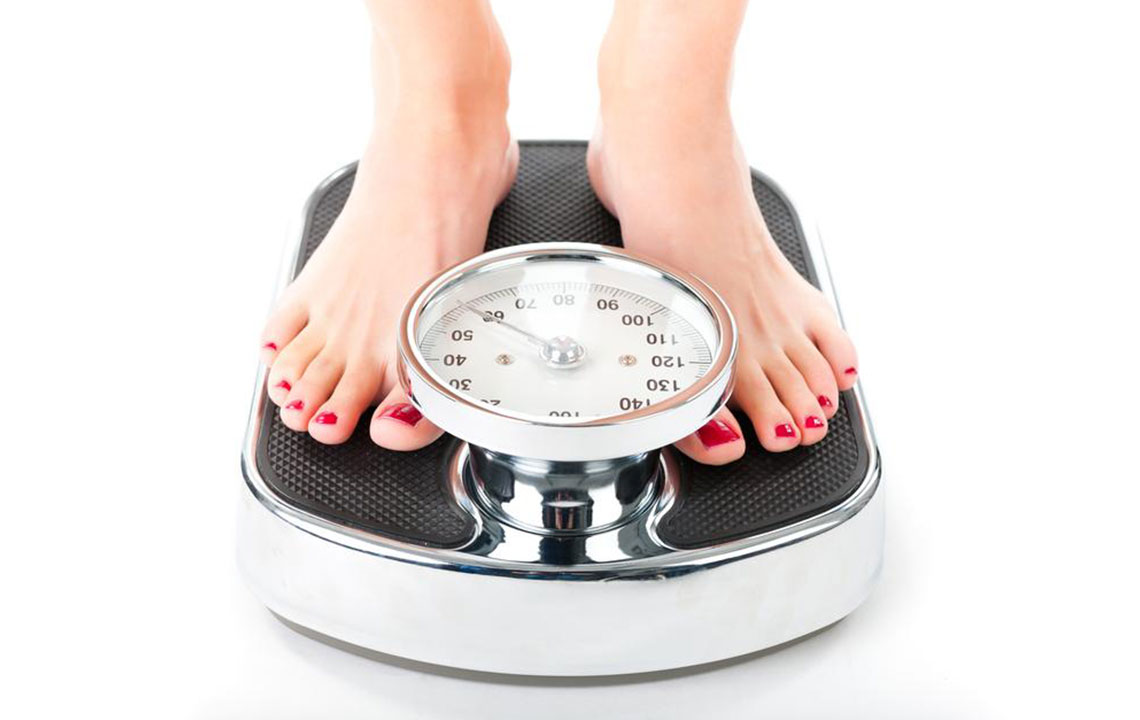Comprehensive Strategies for Monitoring and Enhancing Your Body Fitness
This comprehensive article explores the importance of monitoring and maintaining body fitness through effective strategies such as BMI calculation, balanced nutrition, regular exercise, and technological tools. It emphasizes the significance of understanding your body metrics for long-term health, providing practical tips for lifestyle adjustments and health management to foster overall wellness.

Achieving and maintaining optimal physical health is a cornerstone of a vibrant and long-lasting life. Proper monitoring of your body fitness allows you to understand your current health status, identify potential risks early, and implement effective lifestyle modifications. Among various health metrics, the Body Mass Index (BMI) stands out as one of the most accessible and useful indicators to evaluate body fat levels relative to your height and weight. Regularly tracking your BMI can provide valuable insights into your fitness level and help prevent chronic health conditions, such as heart disease, diabetes, and hypertension.
Understanding how to accurately calculate your BMI is crucial. It is derived using a straightforward formula that involves dividing your weight in kilograms by the square of your height in meters. For example, if you weigh 70 kilograms and are 1.75 meters tall, your BMI would be approximately 22.86. This simple calculation makes it easy for individuals to monitor their health independently or through healthcare providers. It is important to note that BMI is primarily applicable to adults over 20 years of age since growth patterns and body composition vary significantly during childhood and adolescence.
Interpreting your BMI results helps categorize your body weight status. Generally, a BMI below 18.5 indicates underweight status, suggesting possible nutritional deficiencies or underlying health issues. A BMI between 18.5 and 24.9 is considered normal or healthy, representing balanced body fat levels. A BMI from 25 to 29.9 indicates overweight status, which may increase the risk of chronic diseases. A BMI of 30 or above is classified as obese, signaling a higher likelihood of health complications such as cardiovascular diseases, type 2 diabetes, and joint problems. Recognizing your BMI category enables you to make informed decisions about diet, physical activity, and medical consultations.
While BMI provides a useful snapshot of your general health, it should not be used in isolation. Various factors, including age, gender, ethnicity, muscle mass, and bone density, influence body composition and health risk assessments. For instance, athletes with high muscle mass may have a higher BMI but low body fat percentage, which does not reflect poor health. Therefore, combining BMI with other health assessments—such as waist circumference, body fat percentage, blood pressure, and cholesterol levels—can give a more comprehensive picture of your overall fitness.
Maintaining an ideal BMI and overall body fitness requires a balanced lifestyle that includes a nutritious diet and regular physical activity. A diet rich in fruits, vegetables, whole grains, lean proteins, and healthy fats supports healthy weight management and provides essential nutrients for overall health. Regular aerobic exercises such as brisk walking, cycling, swimming, or running help burn calories, improve cardiovascular health, and enhance muscle tone. Incorporating strength training exercises twice a week can help build muscle mass, support metabolic health, and improve BMI accuracy.
In addition to physical activity and diet, other lifestyle factors significantly influence your body fitness. Adequate sleep, stress management, hydration, and avoiding unhealthy habits like smoking and excessive alcohol consumption are fundamental. Regular health check-ups, including BMI monitoring, can catch early signs of weight-related health issues and facilitate timely intervention.
Technological advancements have made it easier than ever to monitor your health. Numerous smartphone apps and wearable devices can track your weight, physical activity, and other vital signs, providing real-time feedback that motivates continued effort towards fitness. Online health platforms also offer personalized diet plans, workout routines, and professional guidance tailored to individual needs and goals.
Ultimately, staying committed to a healthy lifestyle is the best way to maintain an optimal BMI and overall fitness. By understanding your body’s metrics, making informed choices, and leveraging modern technology, you can actively manage your health and enjoy a higher quality of life. Remember, consistency and a balanced approach are key to achieving sustainable health and wellness outcomes.





